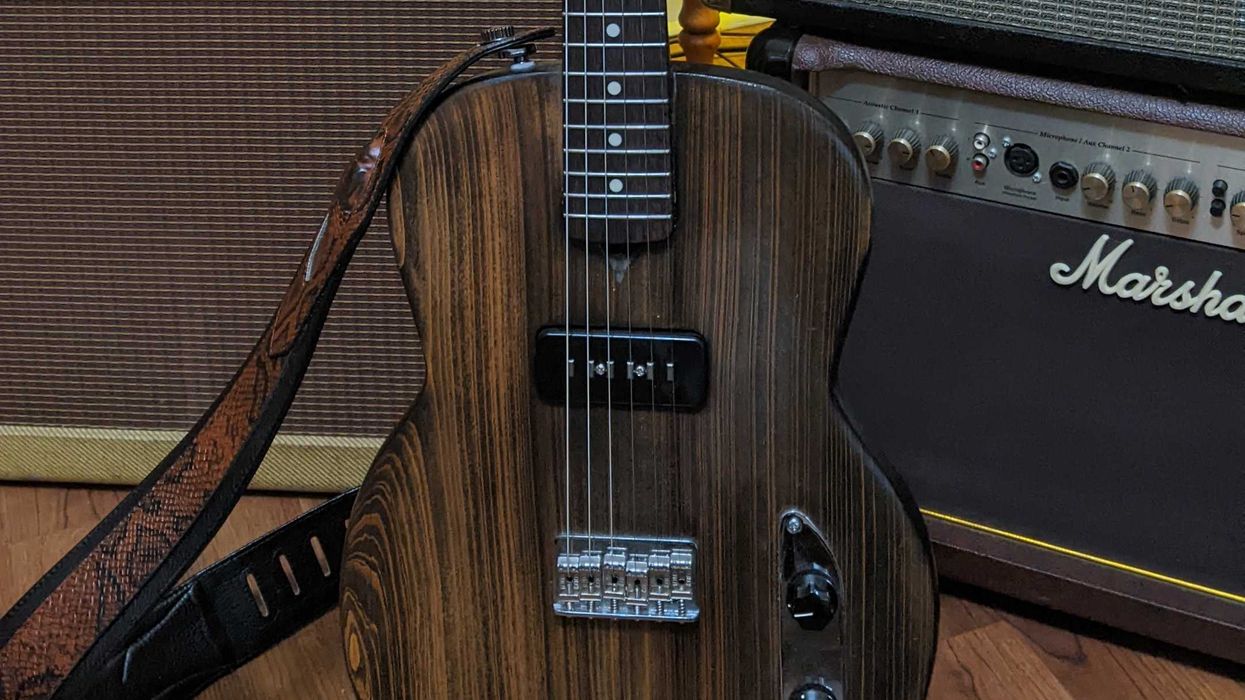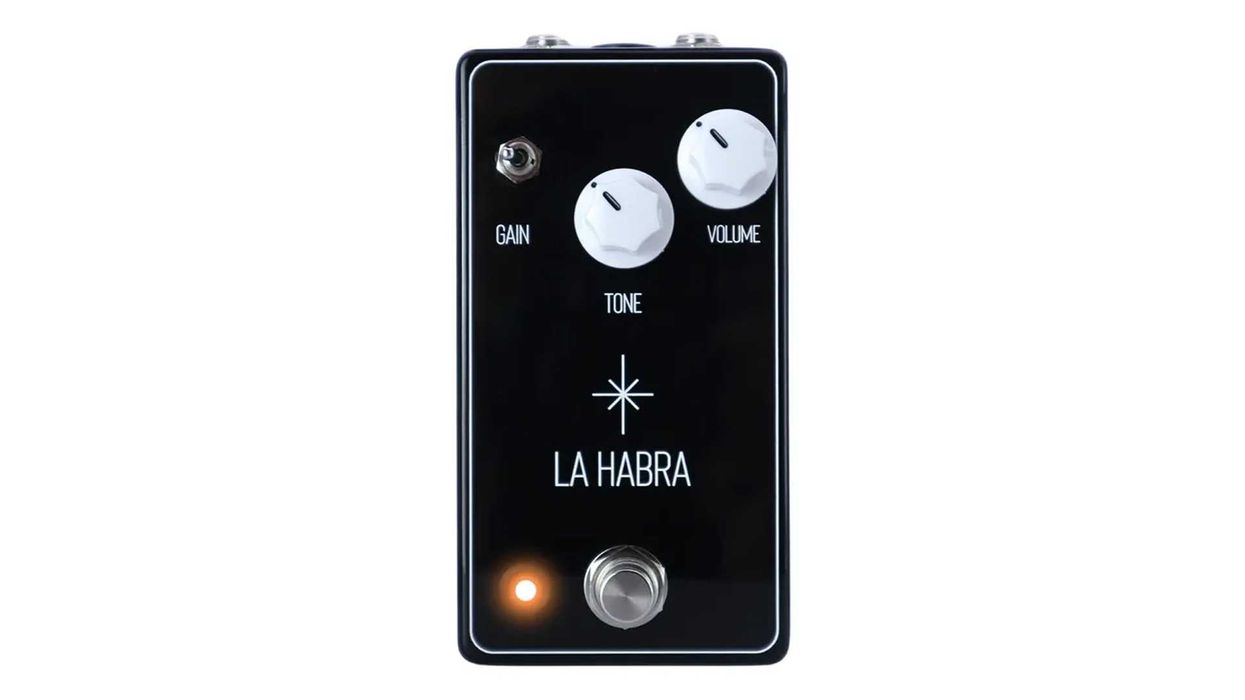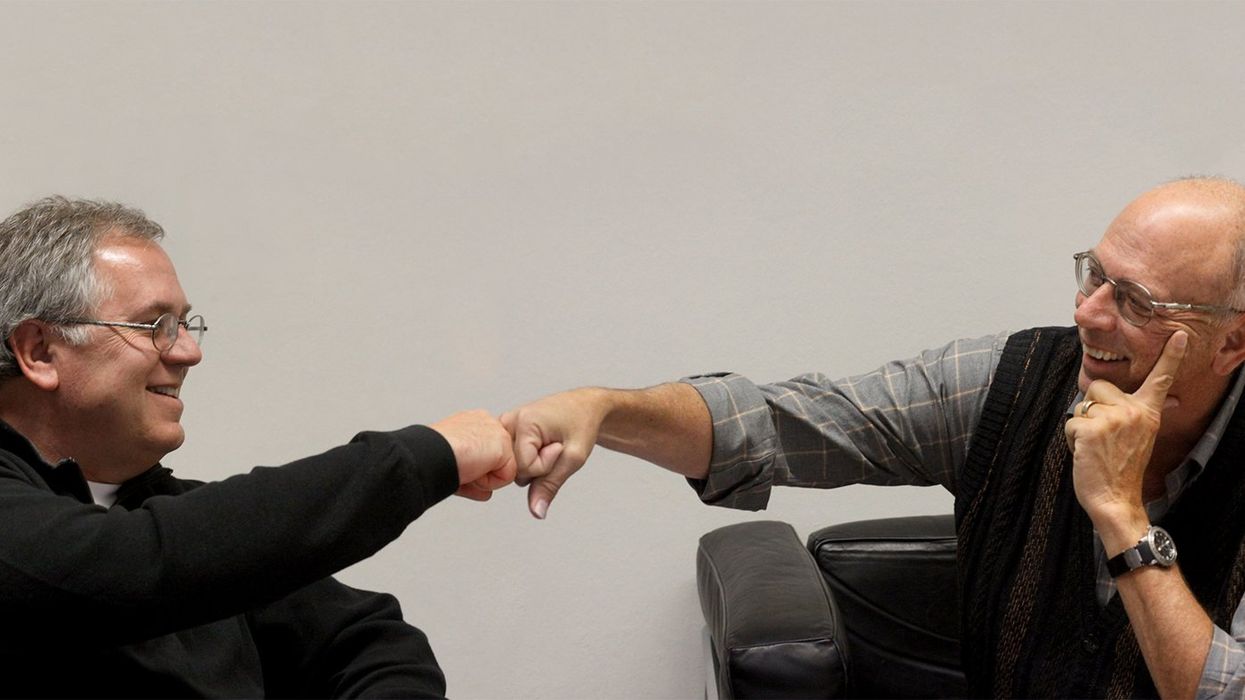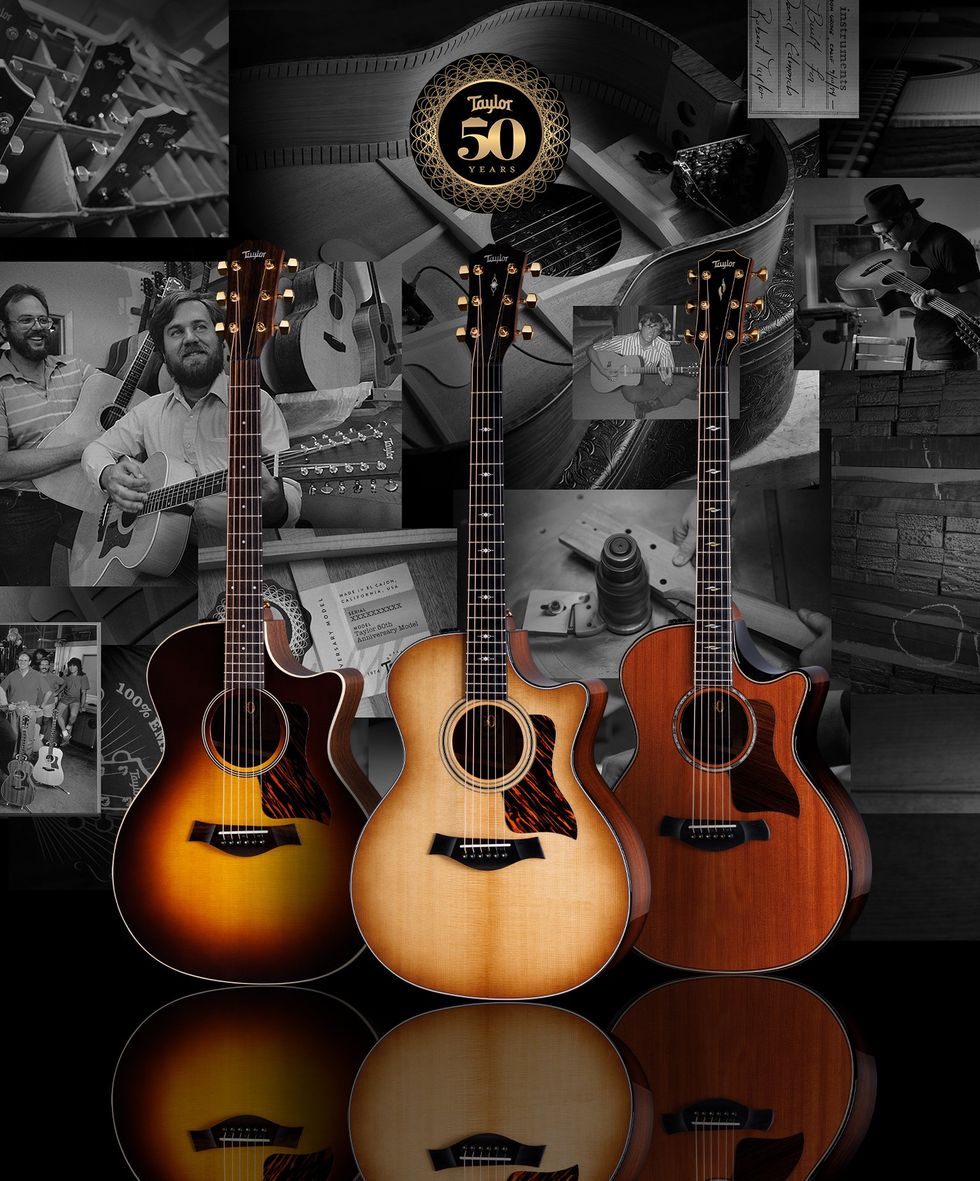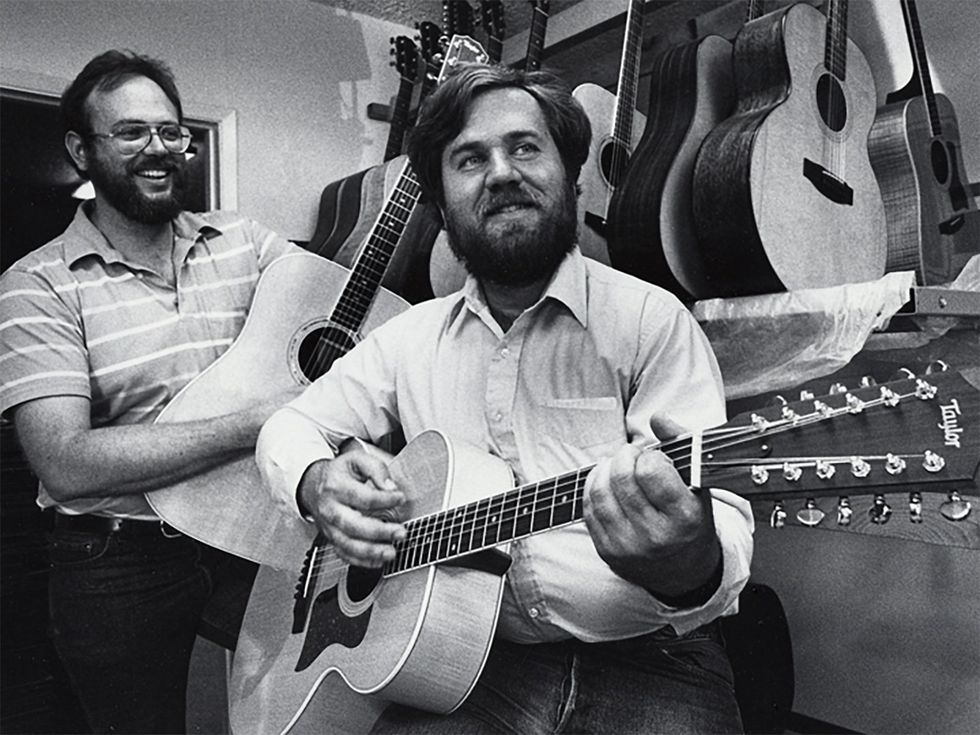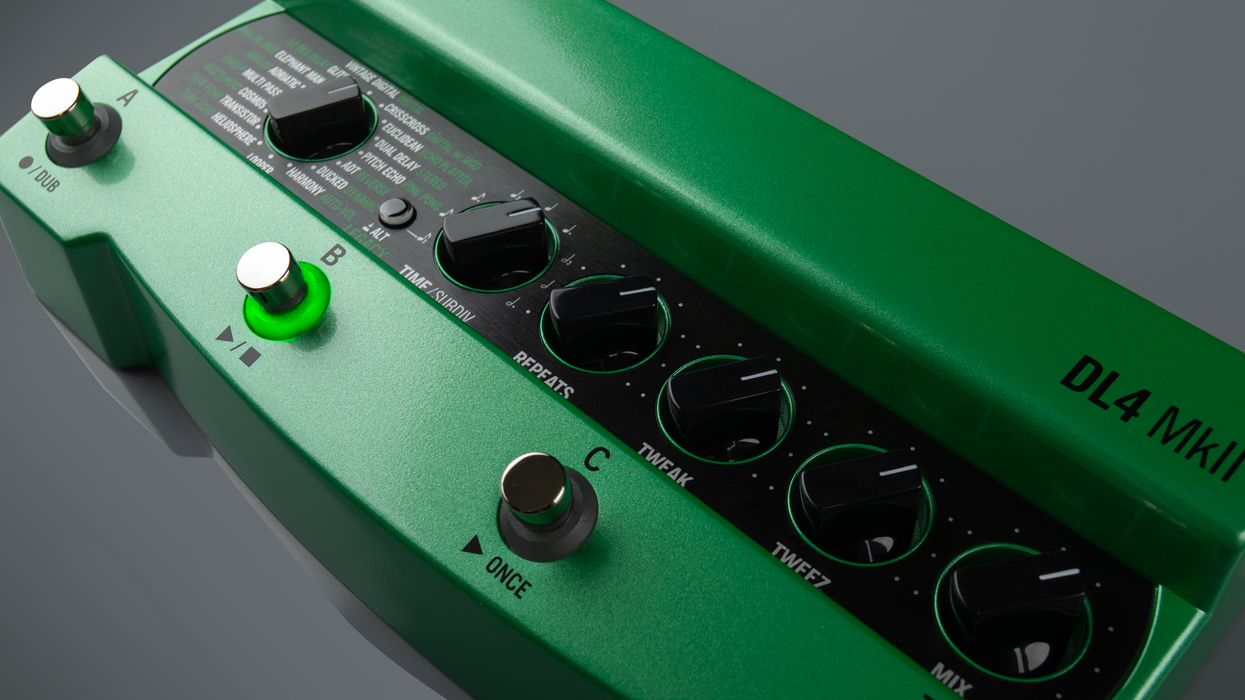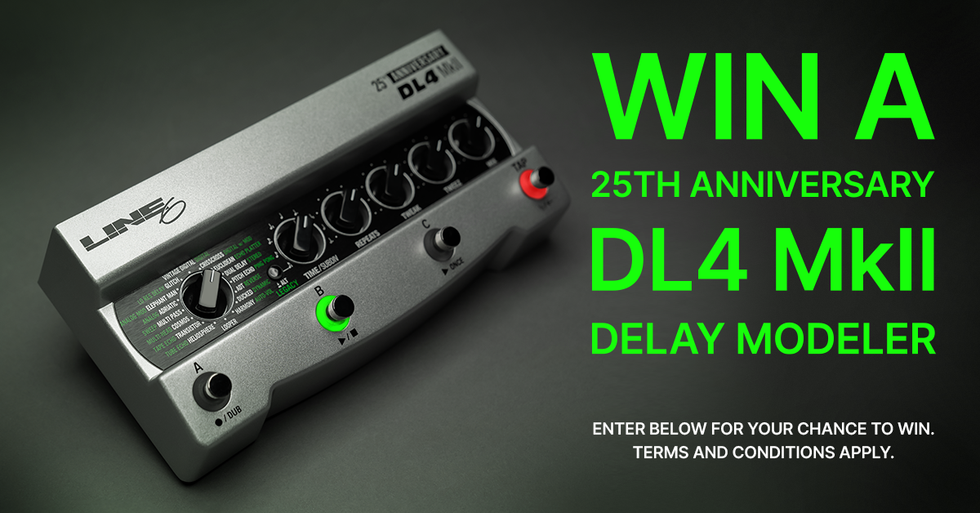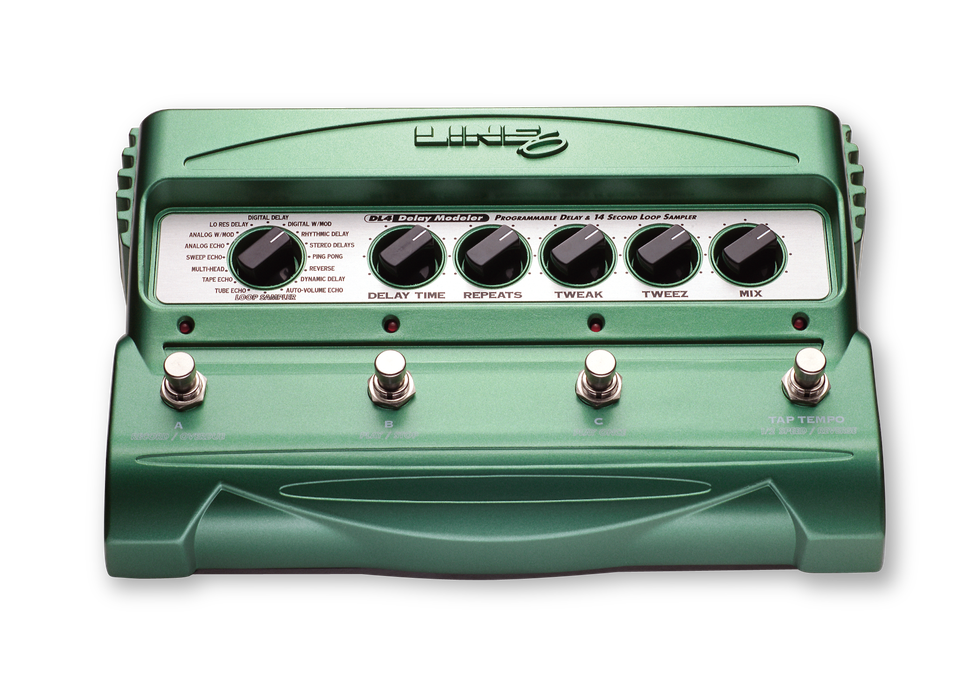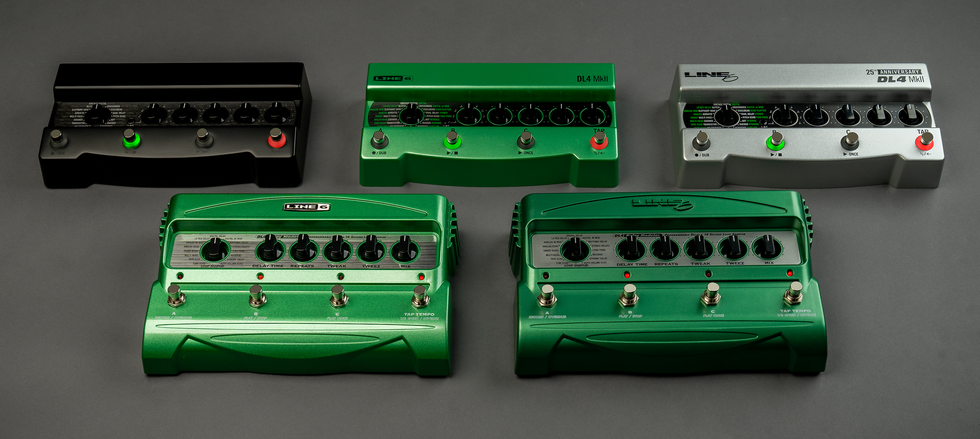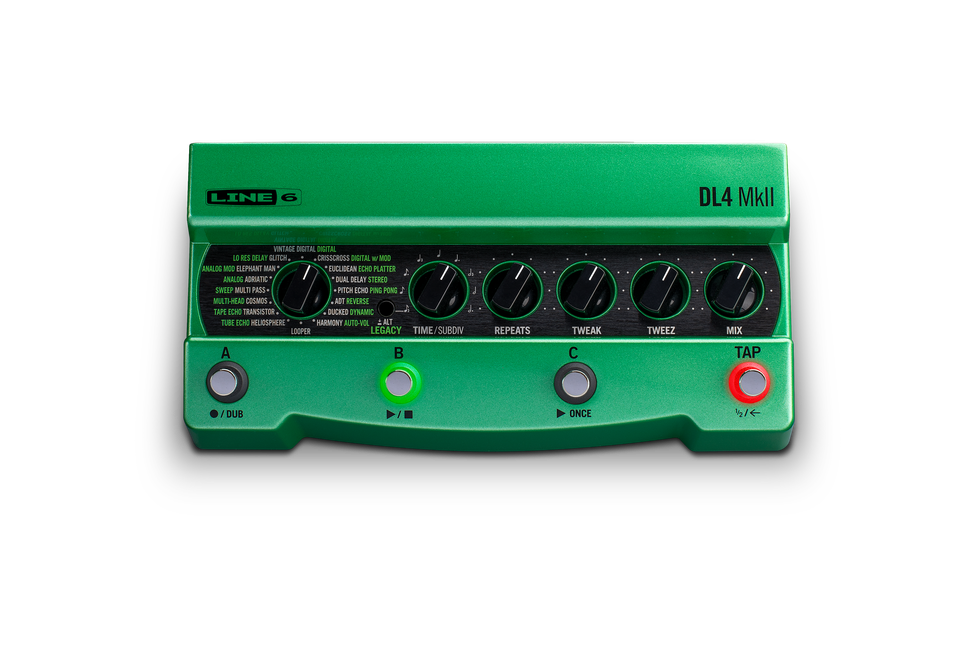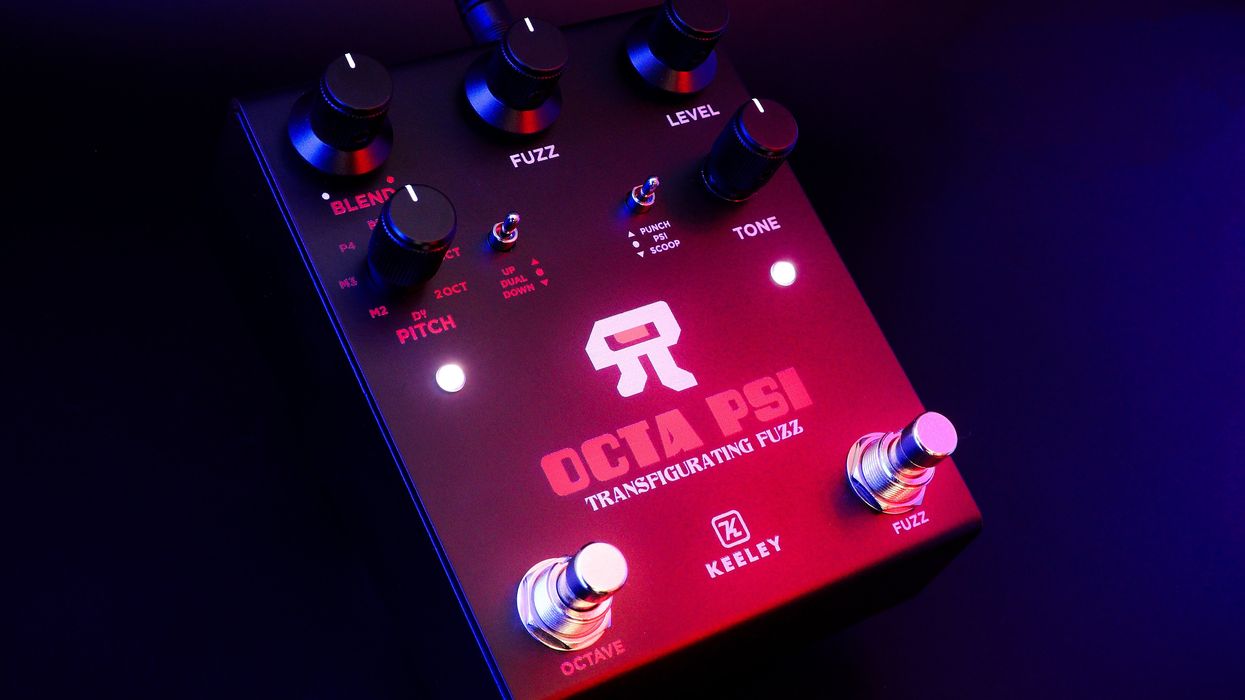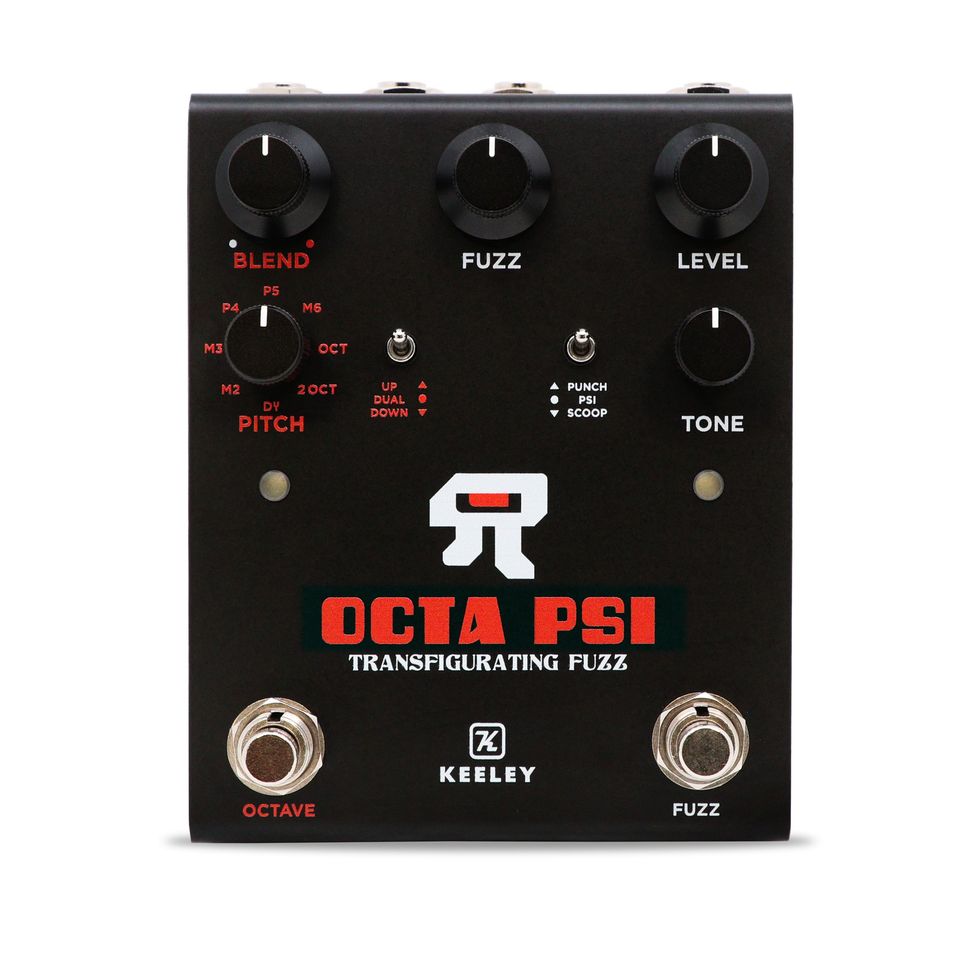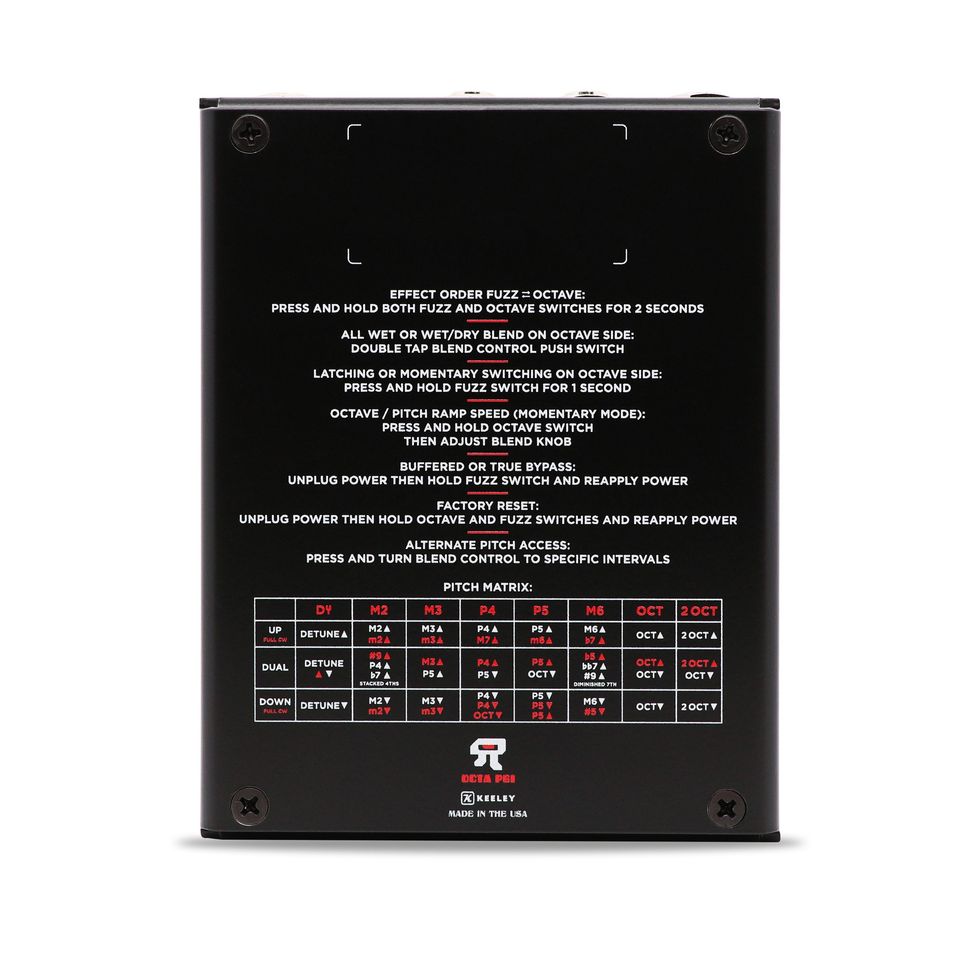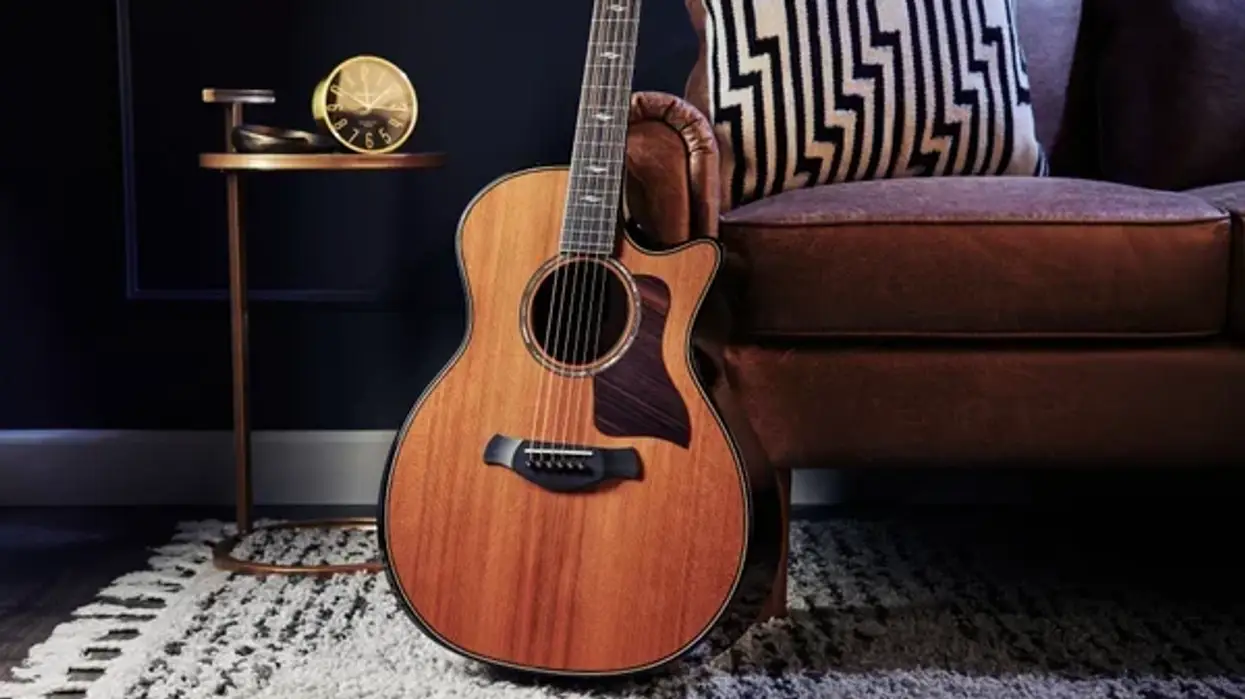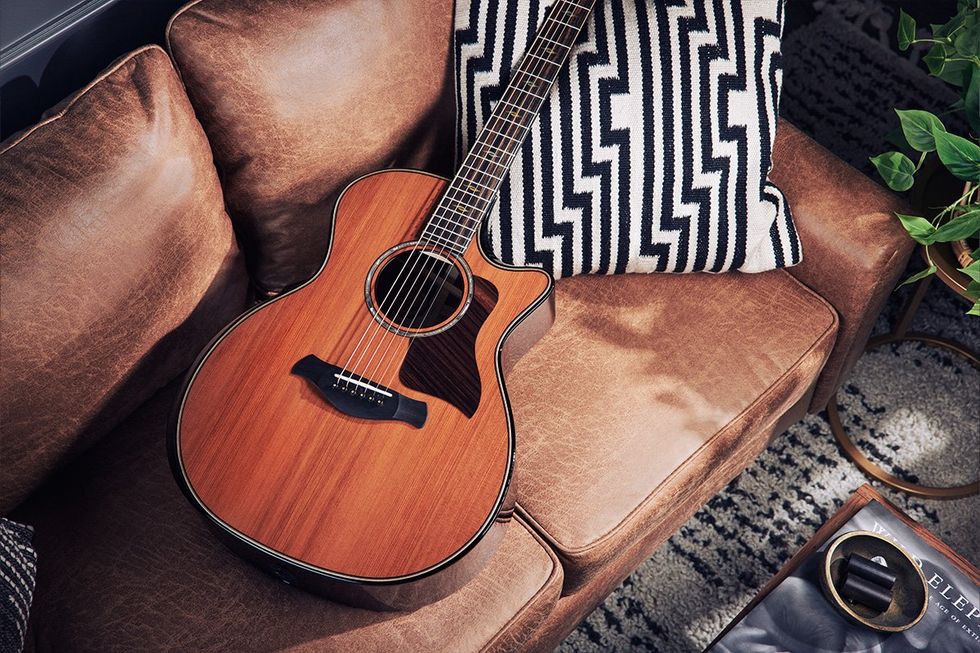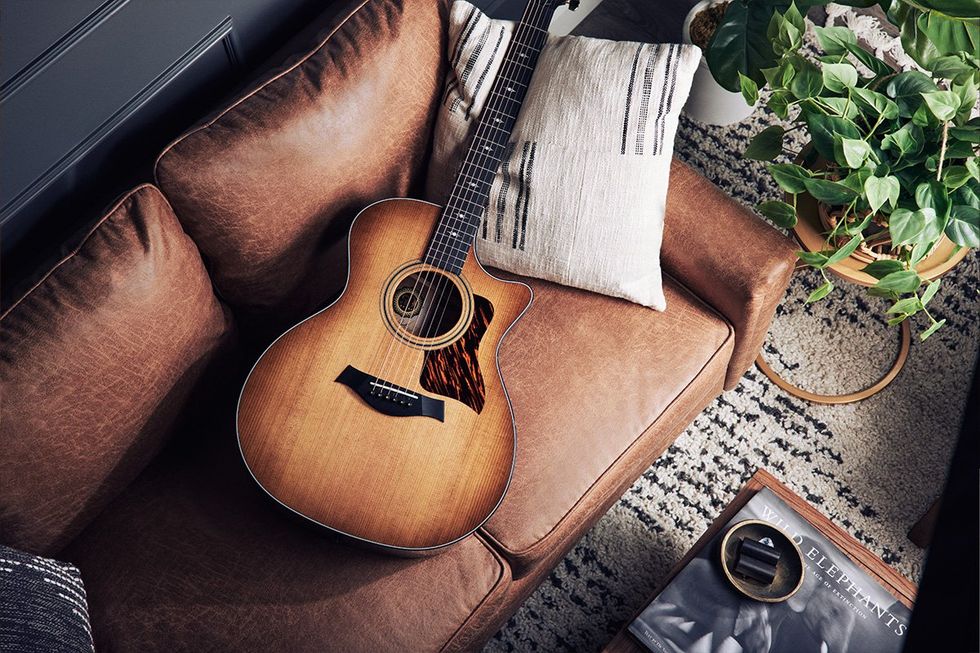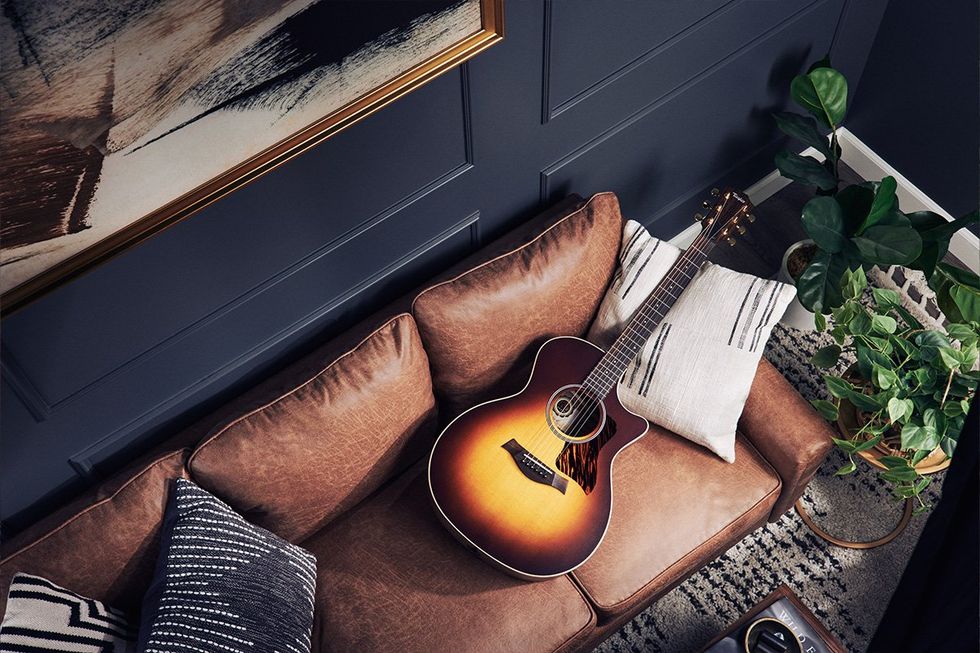Searching for a do-it-all songwriting tool, the keyboard wizard found a perfect companion in Lava Music’s state-of-the-art acoustic with onboard effects, looping, recording, and connectivity.
The creative chase is always a challenge, and especially for songwriters and composers, for whom the time it takes to set up a loop or a recorder can be an opportunity for ideas to fade. Jordan Rudess, the keyboardist for prog-metal heroes Dream Theater, has found an elegant solution in Lava Music’s LAVA ME 3 acoustic guitar, a carbon-fiber instrument that does a lot more than picking and strumming.
Rudess had been exploring acoustic guitar as a different compositional palette, and while he loved the instrument’s urgency and intimacy, he found himself wanting more sonic options and more ways to quickly and easily share the ideas he was conjuring. His friend, the Brazilian guitar virtuoso Mateus Asato, suggested that Rudess should try the LAVA ME 3, and Rudess was immediately hooked.
At the April 2023 NAMM show in Anaheim, California, Rudess explained how the LAVA ME 3 opened his eyes to the opportunities of combining advanced technology with classic acoustic guitar design—and, more important, opened a new door to exploring and developing his original ideas.
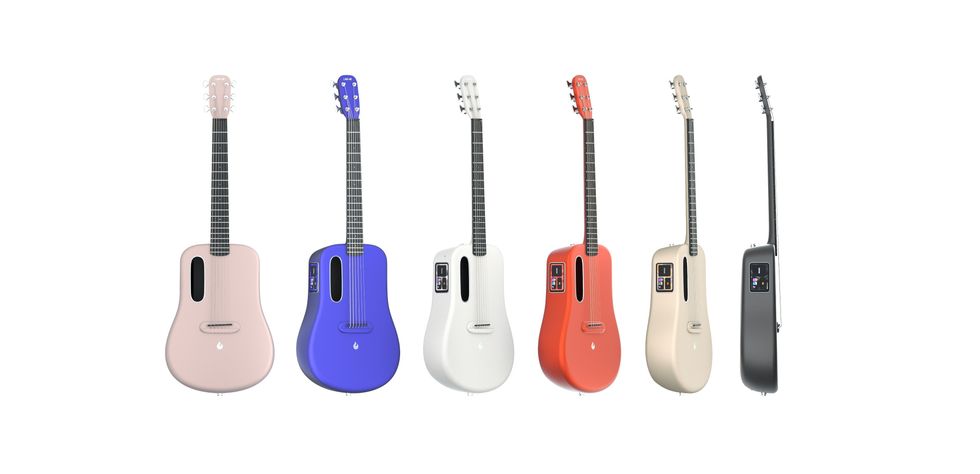
The LAVE ME 3 comes in six eye-catching finishes that complement its futuristic design.
“The LAVA ME 3 is incredible,” Rudess says. “It’s got app-based effects—chorus, reverb, flanger, and octavers—and then you start scrolling through its upper-bout touch screen and realize ‘Wow, I can message somebody with this, or I can choose these drum loops? I can upload my files to the cloud?’ It’s pretty crazy! The more time I spend with it, the more I’m going ‘this thing is awesome!’”
In addition to its futuristic appearance—with a carbon fiber body and neck, a rounded back, a sleek headstock, and an above-the-strings soundport—and app-controllable effects, the LAVA ME 3 can also create loops and record, and has a built-in tuner. That adds up to a highly self-contained and evolutionary playing experience.
“I love the idea of having all that built into the guitar,” Rudess explains. “I don’t necessarily want to have to plug my 6-string into all that stuff. I had been thinking, ‘Why can’t those electronics be in the guitar?’ And then I found out about LAVA guitars.”
The LAVA ME 3 is really an all-in-one axe for guitarists from beginner to world-class. Premier Guitar’s John Bohlinger recently provided a close-up on the instrument in a PG Plays demo video.
Lava ME 3 Demo | PG Plays
“It’s a carbon fiber guitar, but it’s way more than that” says Bohlinger. “It’s a learning tool, a practicing tool, a writing tool, and a recorder. It comes with multi effects, it comes with loops, a tuner, and a metronome. And it comes with a mobile app where you can connect with this whole LAVA community of guitar players.”
Powered by LAVA’s proprietary HILAVA system, LAVA ME 3 makes it easy to practice, jam, and solo anywhere. Guitarists can play in a range of styles and with a wide range of sounds without having to plug into an amp, via the instrument’s built-in speaker. And since it’s constructed with carbon fiber, the guitar is more stable and durable than a typical acoustic, no matter the weather or humidity, which is a major bonus for touring pros like Rudess.
“One of the really nice things about this,” he says, “is that, because of the way that it’s built, this thing stays in tune incredibly well. I can go days without having to tune this guitar. It’s really amazing.”
At $799 street, the LAVA ME 3 is also in the price range of most guitarists. For more information on LAVA ME 3, check out Lava Music’s website.
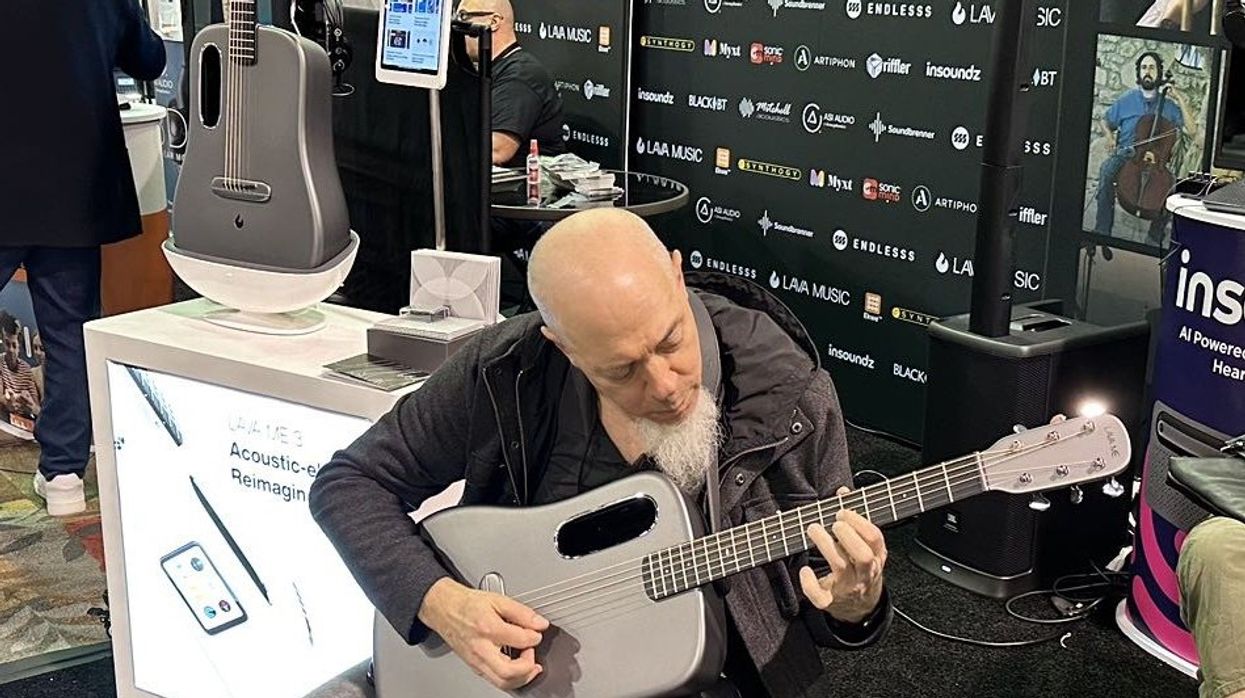
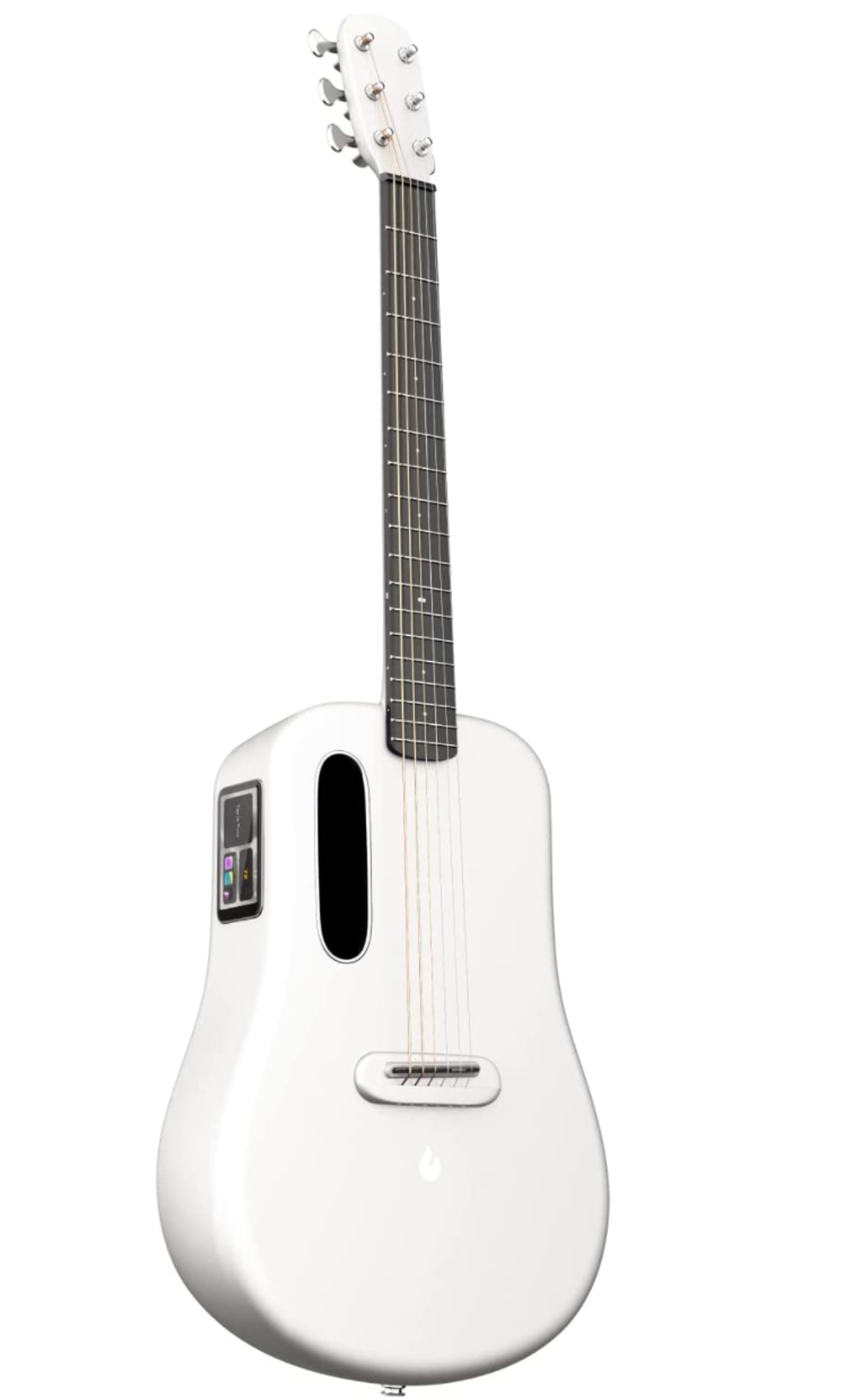
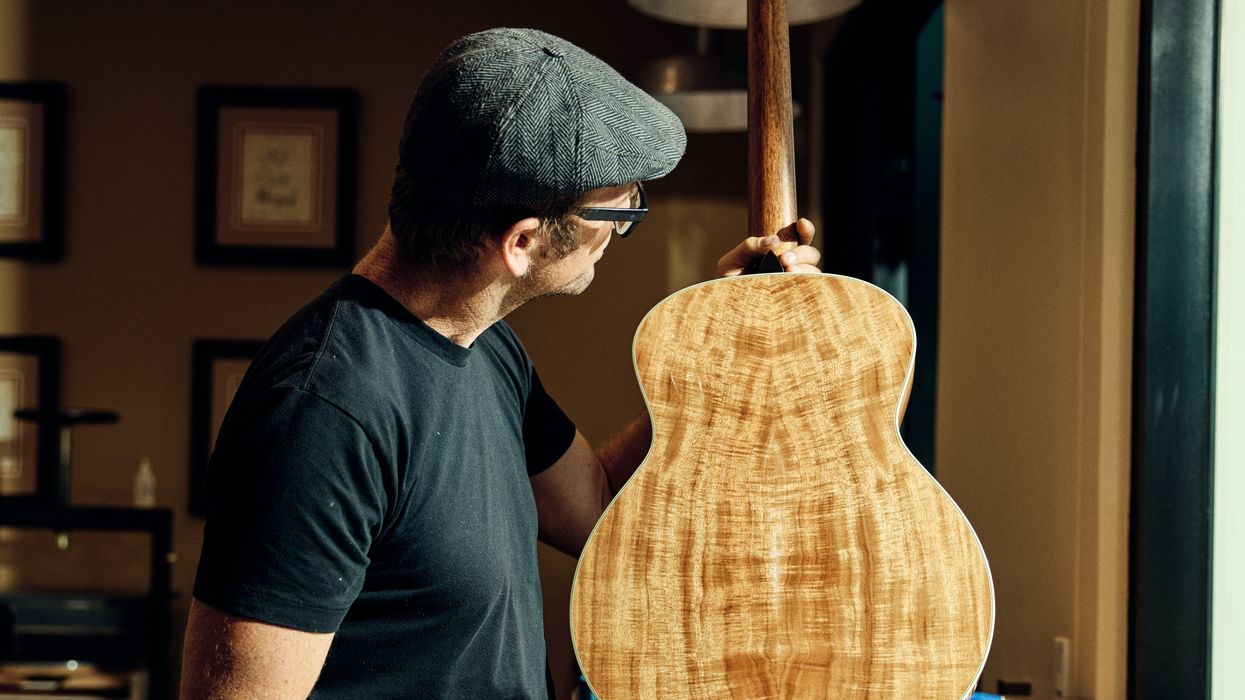
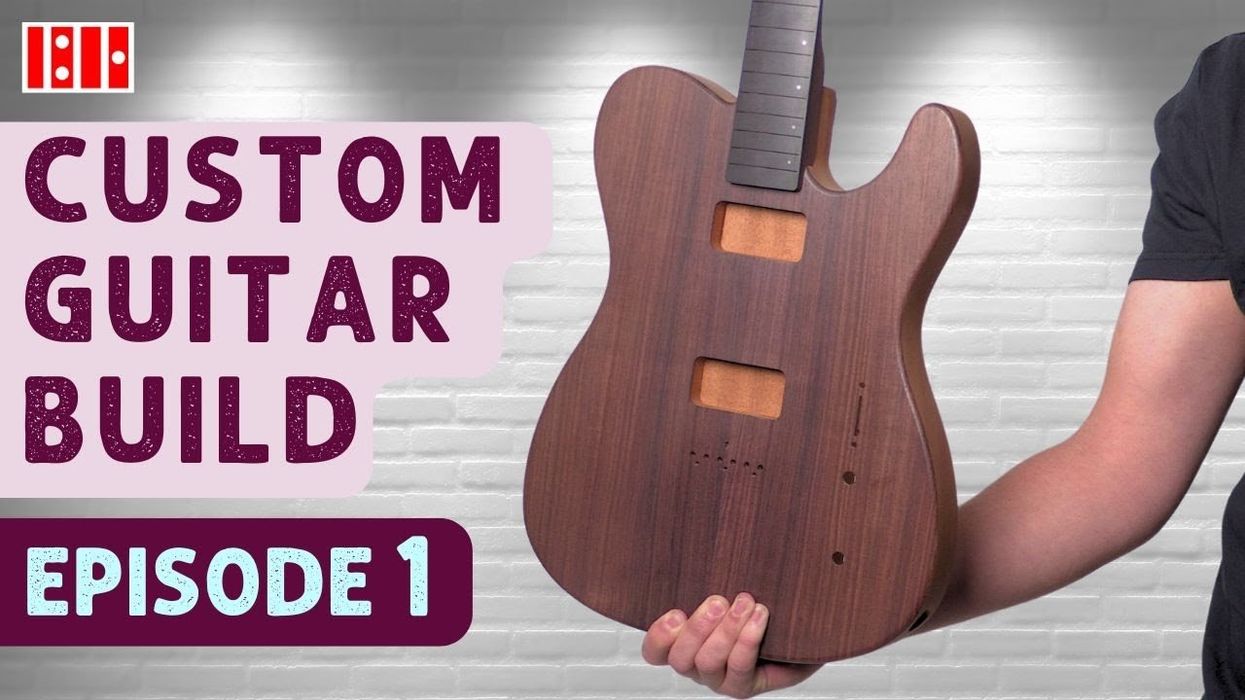
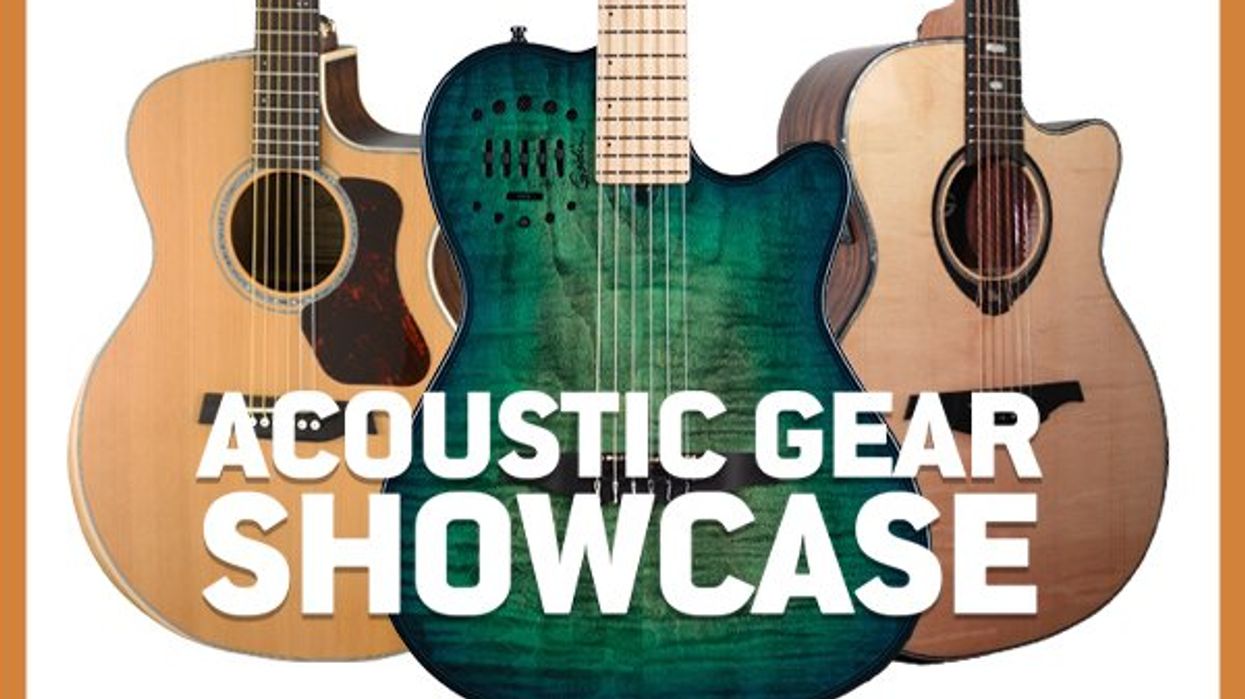


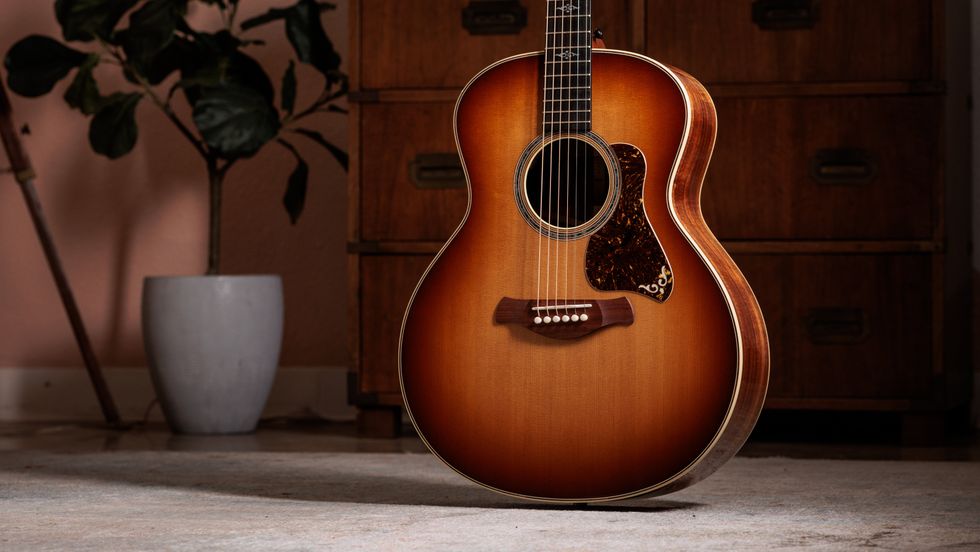

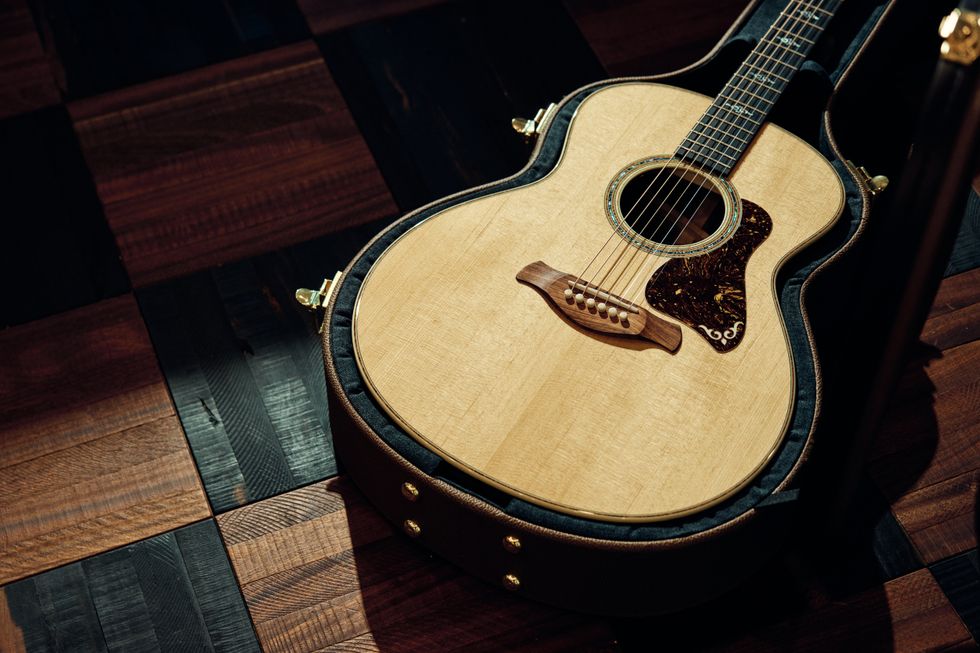
![Devon Eisenbarger [Katy Perry] Rig Rundown](https://www.premierguitar.com/media-library/youtube.jpg?id=61774583&width=1245&height=700&quality=70&coordinates=0%2C0%2C0%2C0)

